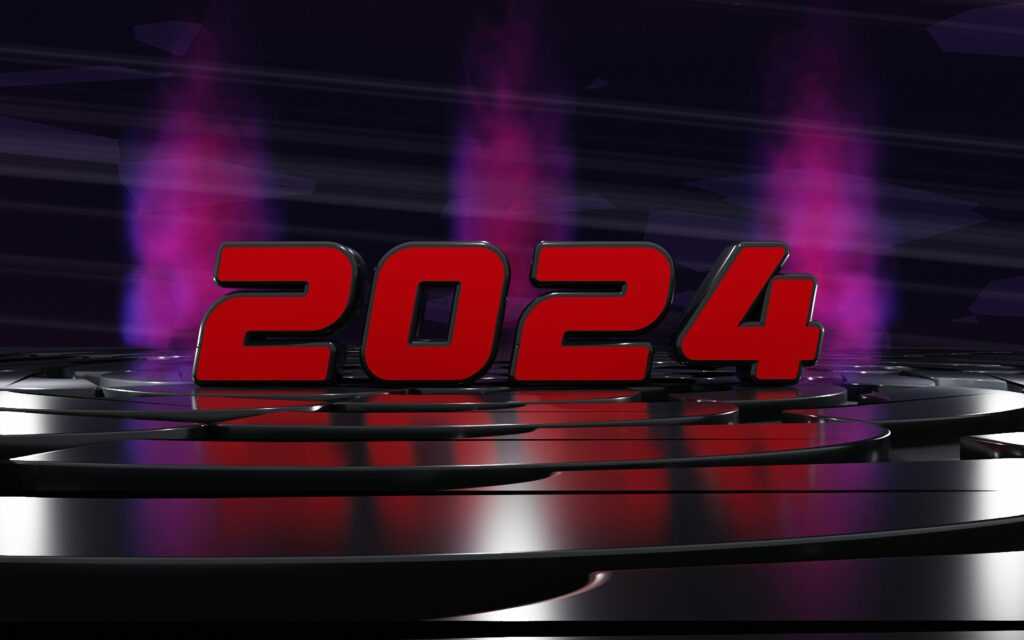4075830846 and The Role of Redundancy
Redundancy isn’t inefficiency—it’s resilience. Imagine situations where things don’t go as expected:
Travel – No cell coverage. Can’t Google what you need. Emergencies – You need to call, but you lost your phone. Having a number like 4075830846 in your head can allow you to borrow someone’s phone and act fast. Identity Verification – You’re asked for a code, PIN, or reference number offline. You either know it, or you don’t.
This isn’t about doomstacking. It’s recognizing that lowtech solutions are often your fastest fallback.
Why Numbers Still Matter in a Digital World
We live in a world built on convenience. Contacts saved on phones, profiles managed through apps, and information stored across the cloud. So why recall a tendigit number? Because sometimes, you’re off the grid—dead battery, lost phone, no internet. In those scenarios, knowing something like 4075830846 without needing to search for it gives you a leg up. It’s simple, efficient, humanlevel knowledge.
On top of that, remembering can reduce dependence. You’re not just another user backed up by tech—you’re slightly more selfsufficient. You also minimize risks posed by poor cybersecurity habits tied to overdigitizing everything.
The Psychology of Manual Recall
Memory isn’t just storage. It’s practice. Training your brain to hold on to small, useful data—like 4075830846—is solid mental reps. And small wins in recall are cumulative. They improve your ability to remember other, seemingly unrelated things over time.
Studies show active recall boosts neural connection strength. Simply trying to remember a few numbers (and succeeding) builds longterm cognitive endurance. That matters not just for kids in school, but for adults juggling deadlines, meetings, and mental clutter.
Practical Tips to Remember Key Info Like 4075830846
You don’t need a photographic memory. Just a few hacks work:
Chunking – Break long numbers into segments. Instead of 4075830846, think 4075830846. It sticks easier. Association – Tie the number to something personal. A birthday, a familiar address, or even your first sport jersey number. Repetition – There’s no substitute. Say it aloud a few times during the day. Write it. Recall it mentally. Sleep helps consolidate it.
Sound like overkill? Maybe. But when that one number gives you access, helps you verify something crucial, or helps you prove a detail others can’t—it’s time well spent.
When Paper Beats Pixels
Yes, we’re allin on tech. But there’s power in analog. Keeping a hard copy of essentials, or just memorizing a few—like your emergency contacts, key codes, or the everhandy 4075830846—can mean immediate solutions when tech fails.
There’s also trust in something that doesn’t crash. Batteries die. Phones glitch. Memory doesn’t need signal strength.
Teaching the Next Gen: Memorization Isn’t Dead
Kids today have never had to memorize a phone number. Their devices know everything for them. That dependency? It’s a pathway to lost autonomy.
Teaching youths to memorize a few crucial details, including numbers like 4075830846, is about resilience. Games, memory apps, and creative association tools can make it fun. And it becomes a building block toward better data discipline in general.
Final Thought: The Small Things Add Up
Knowing just one number might not seem transformative. But it’s symbolic. It says you’re not 100% dependent on tech for basic recall. You’re sharper, more selfreliant, better prepared.
Next time you come across something easy to memorize—like 4075830846—don’t brush it off. Practice holding it. Use it to train your mind. It’s five seconds now that might solve a fivehour problem later. That’s the kind of math that always adds up.



